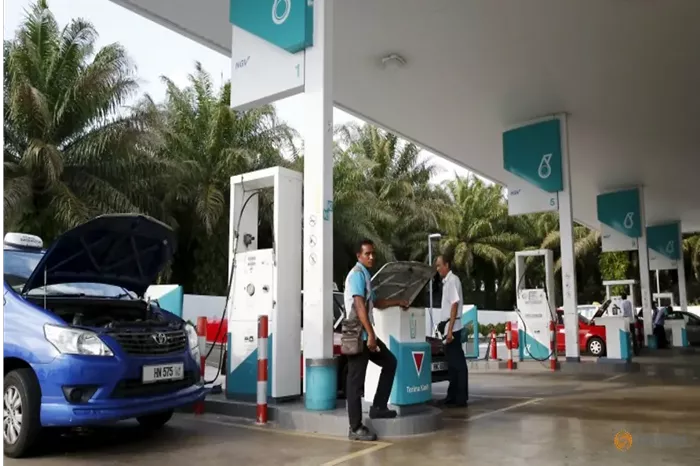Malaysia’s government is re-evaluating its strategy to reduce petrol subsidies following a significant setback in a recent state by-election. The opposition Islamist party PAS clinched the Sungai Bakap seat by a decisive 4,200-vote margin in Penang, reflecting growing voter frustration over the high cost of living linked to previous subsidy reductions.
Economy Minister Rafizi Ramli disclosed that the government is still reviewing its subsidy policies, including those for RON95 petrol, a grade covered under the current subsidy program. This update came in response to Prime Minister Anwar Ibrahim’s earlier revelation that a formal policy paper on petrol subsidy cuts had not yet been drafted.
“The government is in the process of assessing and re-evaluating subsidies and aid, including for RON95 petrol,” Rafizi stated in a parliamentary reply on Thursday. “We will engage with stakeholders to ensure comprehensive consideration of all factors, including the appropriate timeline and mechanism for implementation to benefit those affected.”
The re-evaluation follows criticisms of the government’s approach to managing living costs. Since 2023, Malaysia has implemented subsidy cuts on utilities, chicken, and diesel, aiming to reduce government expenditure and stabilize the nation’s finances. However, this has led to a surge in living costs, prompting nearly 3 million private sector workers to withdraw approximately 7 billion ringgit (US$1.5 billion) from their retirement savings to cope with increased expenses.
Between 2015 and 2023, the Malaysian government allocated nearly 295 billion ringgit on subsidies and social aid, representing 10.9 percent of total government spending during that period. For the current year, an additional 58.1 billion ringgit has been earmarked for subsidies and public assistance.
Rafizi emphasized that targeted subsidies are intended to enhance the efficiency of aid distribution and improve the government’s fiscal health. Despite this, economists note that successive administrations have struggled to move away from broad subsidies, which have often failed to adequately support the lowest income earners while straining public finances.
The Anwar administration faced backlash last month after implementing diesel subsidy cuts, which led to a 50 percent increase in pump prices overnight to 3.35 ringgit per litre on June 10. The government defended the new targeted subsidy system, arguing that it would reduce rampant smuggling and save 4 billion ringgit annually from the subsidy budget.
Related topics:

